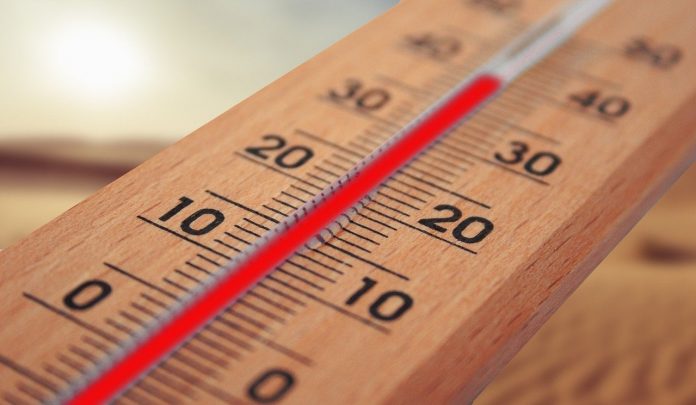As you read this, the eyes of the world will be on the the United Nations 26th Climate Change Conference of the Parties (COP 26) in Glasgow.
This may be our last chance to set more ambitious targets and scale back the impacts of climate change.
As UK Prime Minister Boris Johnson puts it: “Securing a brighter future for our children and future generations requires countries to take urgent action at home and abroad to turn the tide on climate change. It is with ambition, courage and collaboration as we approach the crucial COP26 summit in the UK that we can seize this moment together, so we can recover cleaner, rebuild greener and restore our planet.”
The widespread international acceptance of the scientific evidence about our changing climate gives us hope that COP will at last lead to meaningful action.
In Australia, we’ve observed how governments have listened to medical advice to achieve an effective, by world standards, response to the Covid pandemic. State premiers have stood side-by-side with chief medical officers to explain their policy responses.
Those of us who can bear to watch the daily media conferences have become instant experts on viral transmission, mutation and variants.
Respect for professional knowledge and advice hasn’t extended to the subject of bushfires.
Yesterday I was one of 750 people who joined in a ZOOM, watching Kerry O’Brien interview Greg Mullins, AO, AFSM, former NSW Fire Commissioner. Greg Mullins was a familiar spokesman during the catastrophic 2019 bushfires. His 50-year experience speaks for itself, including fighting major fires around Sydney and the Blue Mountains for decades and studying bushfires in Europe, Canada and the US.
In early 2019 he tried to warn the government that a Black Summer was imminent so that adequate preparations could be made, but when he and other fire chiefs from across the country tried to meet with politicians to sound an urgent warning, they were ignored.
His new book, Firestorm – Battling Super-Charged Natural Disasters, combines stories of what it’s like to be on the front line of Australia’s first giga-fire with the hard truths of human-caused climate change.
Greg Mullins’ advice is that safety depends on preparedness. In my opinion, the interview is a must-see for anyone living in a bushfire-prone area, and for those who seek to understand the fraught interface between professional advice and government policy.
Australians are clearly willing and ready to tackle the issues facing us, whether related to health, safety, our environment or economy.
While there has been some dissent about lockdowns and vaccination, it seems that most Australians are willing to cooperate with the health advice. As I write this, more than 60 per cent of eligible Australians are fully vaccinated. Numbers are much higher in the worst affected states of Victoria and NSW. In Canberra, almost 100 per cent have received the first dose and our capital is on track to be one of the most vaccinated cities in the world.
Australians are keen to see stronger action on climate change. According to the Lowy Institute Climate Poll 2021, 78 per cent of Australians support setting a net-zero emissions target for 2050. Nearly three-quarters say the benefits of taking further action on climate change will outweigh the costs.
Commonwealth Treasurer Josh Frydenberg has backed the case to cut greenhouse gas emissions to net zero by 2050 in a warning that Australia must not be left behind in a mammoth economic shift that will impose sweeping costs on countries that do not act on climate change.
State and local govenments are leading the way, with all States and territories having a goal of net zero emissions by 2050. My local shire, Augusta Margaret River, has adopted an even more ambitious goal of net zero by 2030 and a plan to work with the community to achieve that.
Sometimes it can feel like a scary world these days. I’ve found that taking matters into my own hands reduces anxiety. Here’s my tuppence worth. If you haven’t had a Covid jab yet, look at the medical advice and do it to help keep yourself, your family and the community safe. Hopefully, as we move to more freedoms, we will be personally armed with the know-how to stay as safe as possible in the circumstances.
Check out personal and local activities to reduce carbon emissions, and make your vote count. If you live in a bushfire prone area, make sure your bushfire plan takes the worst-case scenario into account, then you can relax knowing you are prepared and you know exactly what to do should the situation arise.
Stay safe folks.
































